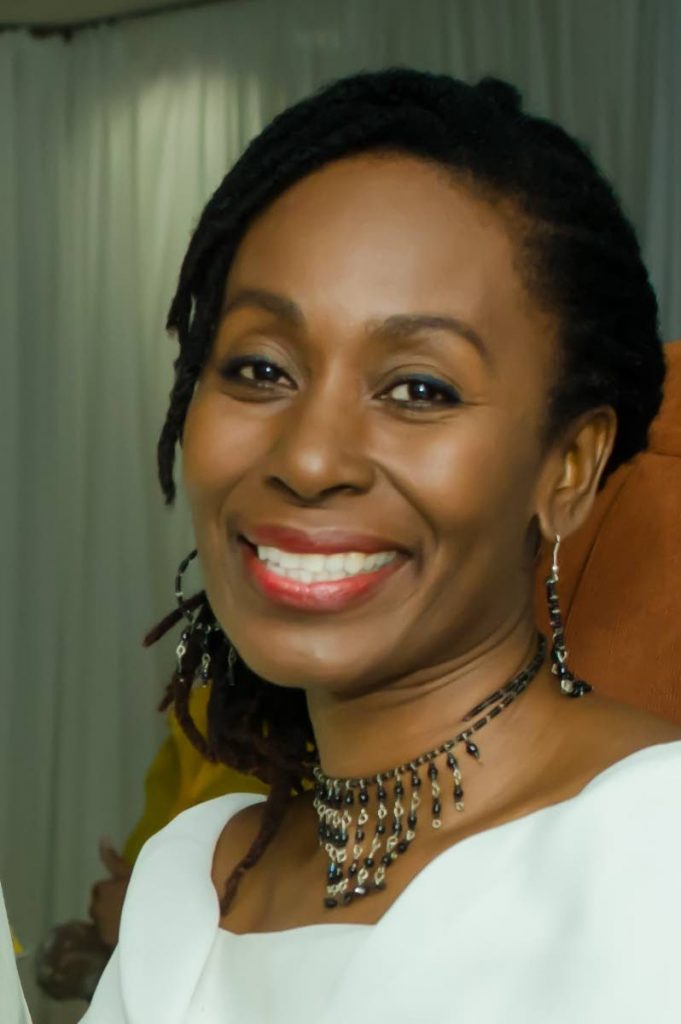When the douens call

Culture Matters
ALL THE children knew that the soucouyant lived in the overgrown bush of the neighbour’s yard at the back of the house. They also knew that if at night-time they heard any children calling their names to go and play, they were to lock the doors and stay inside.
Sometimes, bedtime stories were scary. The children, eyes like saucers, would absorb the tales, even though they would be terrified to go to sleep afterwards. Undoubtedly, the stories were effective because they were based on experiences to which the children could relate.
As the coronavirus drags on, how may we draw on the lessons in our folk tales to help cope with anxiety and develop a better approach to combatting this virus? Stories about pandemics continue to be an important aspect of understanding how to cope with current reality. Increasingly, even the most committed optimists are forced to accept that, well, this is one scary story that seems to be taking root in our present reality.
This week in TT new restrictions again targeted a key means of survival for artists – the ability to gather. Concerts and other forms of entertainment are once more curtailed. Globally, as the creative sector continues to negotiate that space between managing the virus and being creative, the apparent increase in visual content about pandemics tell its own tale about what is preoccupying our thoughts right now.
Why would anyone willingly subject themselves to such terrifying content that only reminds them of tragedy? Are we addicted to feeling scared or is fear a motivating force to help us push through this virus?
“A lot of people enjoy horror stories because it allows them to express their anxieties in ways that don’t have anything to do with the real world.” In a recent interview with the BBC, Stephen King, successful writer of terrifying stories, analysed reasons for his longevity as a writer.
He maintains that content which makes people afraid, “gives them a chance to experience emotions that may not be allowed in polite society, like aggression, fear or anger.” Feeling scared therefore becomes a way to express fear or dealing with anxiety. Indeed, the mere experience of feeling afraid allows the viewer to empathise with the action on the screen and thus find parallels and solutions in their own lives.
Our local stories also captured the imagination of the children, because these tales are ingrained in our cultural heritage. Many of our ancient cultures acknowledge the ability of energies, ancestors and spirits to move through time space and even matter. A deceased ancestor may temporally manifest in those who are still alive, children may display characteristics of someone in the family who lived long before they were born or offerings of favourite foods may be made to honour a favourite elder who is no longer alive.
As nations continue to struggle to smoothly implement solutions to this pandemic, our reality becomes even more daunting. Without warning, our lives were completely transformed. How do we negotiate relationships now? Loneliness and isolation are beginning to cripple some of us; the full impacts of that story will soon be revealed.
This week, as we commemorated Earth Day, we were reminded of the ongoing tale of staggering environmental decline and danger for human health and the planet. As we also remembered the state of emergency during the Black Power Revolution, we questioned, are we constantly giving up freedoms in the hope that more laws will lead to more normalcy? When will this horror story end?
The best stories juxtapose the age-old conflict between light and darkness, good and evil. The stories and heritage of TT explore these two extremes – a beautiful woman with a deformity underneath her dress or an elder who, instead of protecting the children, turns into a ball of fire and terrorises the community. The mystical festival of Divali is one that we have embraced as it tells a story of struggle and triumph with which we can all identify.
What will guide us through this darkness? Western opinion would probably refer to our stories as belief in the supernatural or “forces that cannot be explained by science.” But for those who understand, the portal between different realms is always open. This then is the lesson, the story that must be told. The douen may call you, but only your community can keep you safe.
All of our stories are intertwined, so let us do what is necessary to keep the nightmares at bay.
Dara E Healy is a performance artist and founder of the Indigenous Creative Arts Network – ICAN

Comments
"When the douens call"